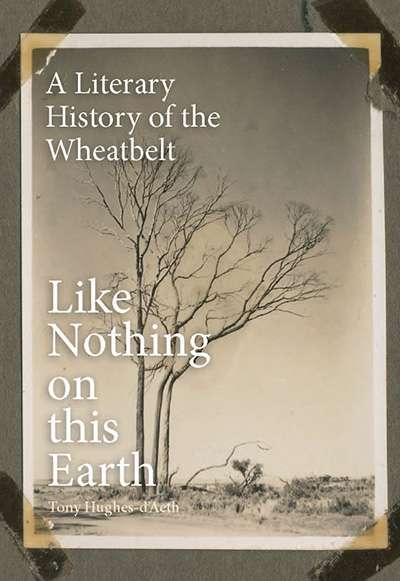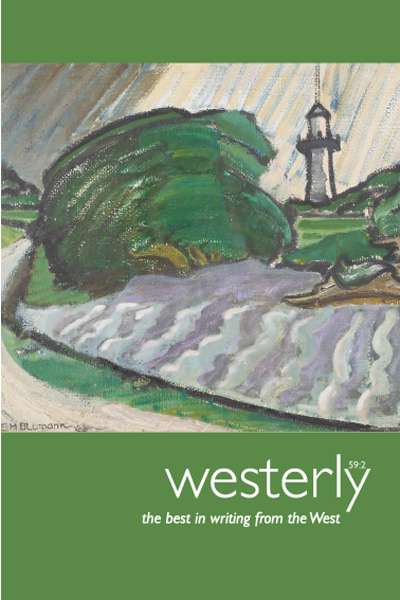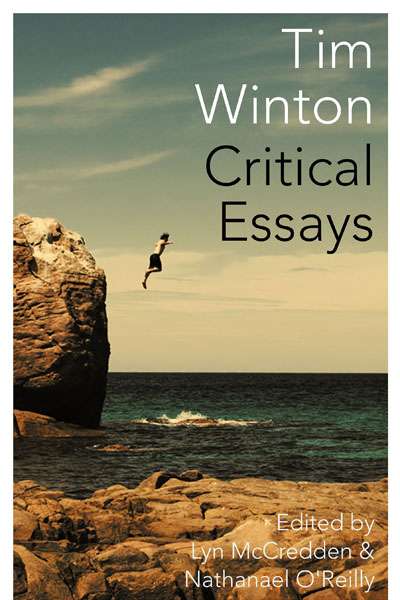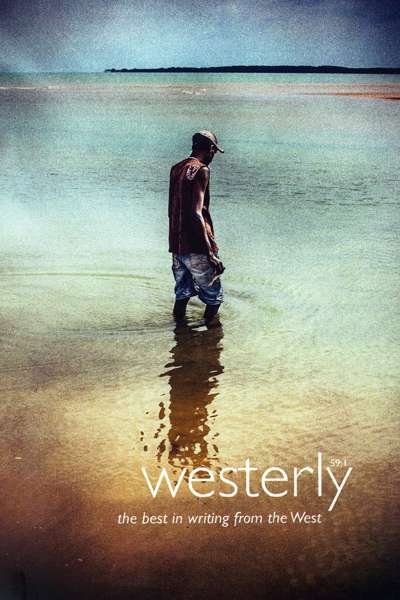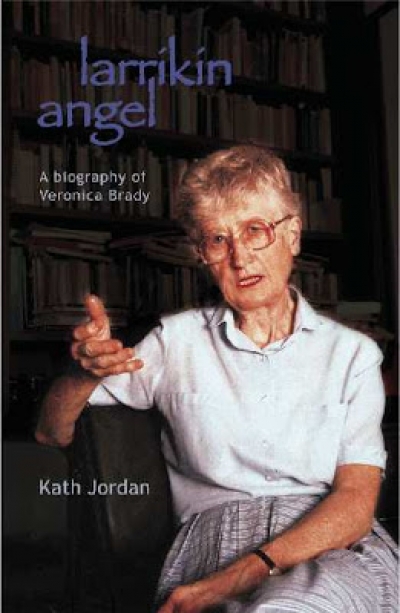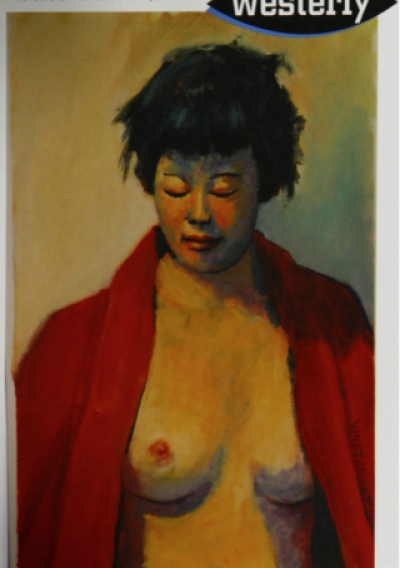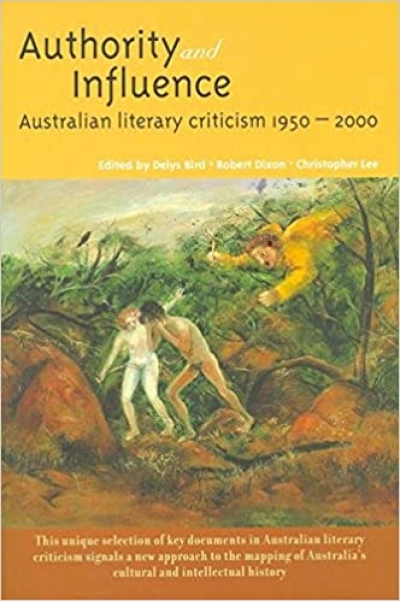Delys Bird
Like Nothing on this Earth: A literary history of the wheatbelt by Tony Hughes-d’Aeth
Elizabeth Jolley’s personal and publishing history is well known. She migrated from the United Kingdom to Western Australia with her husband, Leonard, and their three children in 1959, when Leonard was appointed Librarian at the University of Western Australia. Although she had been writing from a young age and had brought a great ...
Westerly: Vol. 59, No. 2 edited by Delys Bird and Tony Hughes-d’Aeth
Tim Winton: Critical Essays edited by Lyn McCredden and Nathanael O’Reilly
Westerly, vol. 59, no. 1 edited by Delys Bird et al.
Westerly edited by Delys Bird and Dennis Haskell & HEAT edited by Ivor Indyk
This is a particularly interesting group of reissued ‘classics’, spanning just over fifty years in twentieth-century Australian literature. Although they have very different fictional styles, all are realist or social realist novels, and their politics and preoccupations are not dissimilar. Each is concerned with working people’s lives, differing contrasts between city and country life, and aspects of class.
... (read more)These four titles are reissues of well-known texts, or of the work of well-known writers, from four different publishers. A good sign perhaps, very welcome at a time when publishing seems ever more ephemeral and when many works, even from the recent past, are unavailable.
... (read more)
